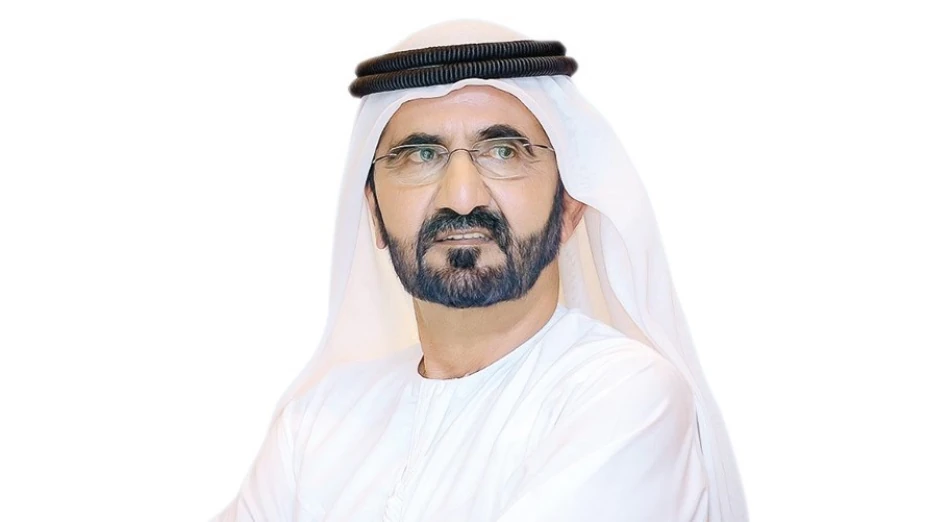
Dubai Ruler Celebrates Women's Multifaceted Roles in Emirati Society
UAE Marks 50 Years of Women's Empowerment with Bold Vision for the Future
The United Arab Emirates celebrated Emirati Women's Day with a significant milestone announcement, marking five decades of systematic women's empowerment while unveiling an ambitious new vision for the next 50 years. Sheikh Mohammed bin Rashid Al Maktoum, UAE Vice President and Prime Minister, emphasized the nation's commitment to advancing women's roles across all sectors of society, positioning the UAE as a regional leader in gender equality initiatives.
Half a Century of Progress
The UAE's approach to women's empowerment has been notably systematic since the nation's founding in 1971. Unlike many regional peers, the Emirates established early frameworks that integrated women into economic, social, and political spheres. This strategic approach has yielded measurable results: Emirati women now comprise over 70% of university graduates and hold significant positions in government, with women making up 50% of the Federal National Council.
Sheikh Mohammed's remarks highlight the multifaceted roles women play in Emirati society, describing them as "caregivers of generations, planters of values, and partners in the development journey." This comprehensive view reflects the UAE's holistic approach to women's participation in nation-building.
Regional Leadership in Gender Equality
The UAE's women's empowerment strategy stands out in the Middle East context. While neighboring Saudi Arabia has made significant strides in recent years through Vision 2030, the Emirates established its foundation decades earlier. The country consistently ranks among the top nations globally for gender equality in education and has achieved near-parity in higher education enrollment.
Economic Impact and Market Implications
The emphasis on women's economic participation carries substantial implications for the UAE's diversification strategy. Female entrepreneurship has grown significantly, with women-owned businesses contributing an estimated $12 billion to the UAE economy annually. The new 50-year vision suggests expanded opportunities in emerging sectors like technology, renewable energy, and space exploration—areas where the UAE is investing heavily.
For international businesses and investors, the UAE's commitment to gender equality represents both stability and opportunity. Companies seeking regional headquarters increasingly value jurisdictions with diverse, skilled workforces, giving the Emirates a competitive advantage over markets with more restrictive policies.
The Next Fifty Years
The announcement of a new vision for the coming half-century signals the UAE's intention to maintain its progressive trajectory. This forward-looking approach aligns with the country's broader "UAE Centennial 2071" plan, which aims to make the Emirates the world's best country by its 100th anniversary.
The timing is particularly significant as the region faces demographic shifts and economic transformation pressures. With oil revenues becoming less central to Gulf economies, human capital development—including maximizing women's contributions—becomes increasingly critical for sustained growth.
Global Context and Comparisons
The UAE's approach mirrors successful models in Singapore and Nordic countries, where early investments in women's education and economic participation yielded long-term competitive advantages. However, the Emirates operates in a more complex regional environment, making its achievements particularly noteworthy.
As other Gulf states accelerate their own women's empowerment initiatives, the UAE's five-decade head start provides significant advantages in institutional knowledge and social acceptance. This positions the country to maintain its role as a regional pioneer while potentially serving as a model for sustainable social transformation in traditional societies.
The celebration underscores how systematic, long-term approaches to social change can yield substantial dividends, offering lessons for policymakers worldwide seeking to balance tradition with modernization imperatives.
Most Viewed News

 Sara Khaled
Sara Khaled






